August 15, 2017
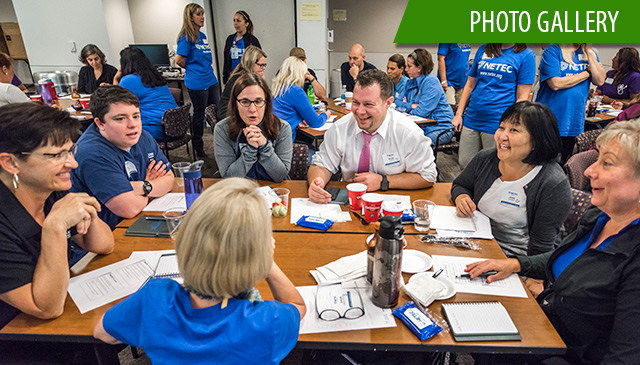 The National Ebola Training and Education Center (NETEC) recently partnered with Texas Children’s to host a groundbreaking Pediatric Simulation Conference.
The National Ebola Training and Education Center (NETEC) recently partnered with Texas Children’s to host a groundbreaking Pediatric Simulation Conference.
Held on August 10 and 11 at Texas Children’s Hospital West Campus, the conference was the first pediatric simulation course of its kind for the NETEC, which is supported by the Centers for Disease Control and Prevention (CDC) as well as the Office of the Assistant Secretary for Preparedness and Response (ASPR).
The NETEC is comprised of faculty and staff from Emory University, the University of Nebraska Medical Center/Nebraska Medicine and the New York Health and Hospitals Corporation, Bellevue Hospital Center. All three of these health care institutions have safely and successfully treated patients with Ebola and have worked diligently to share their knowledge with other health care facilities and public health jurisdictions.
These adult institutions receive funding to train all of the CDC-funded U.S. Ebola treatment and assessment centers in hospital preparedness. They have hosted successful training and simulation courses but none have been pediatrics based. The NETEC chose to come to Texas Children’s to host its premiere Pediatric Simulation Course because of the knowledge and expertise the health system has honed during the past few years since the most recent Ebola outbreak in 2014.
Less than a year after the outbreak, Texas Children’s built and opened the unique Texas Children’s Special Isolation Unit (SIU) so that the health system would be prepared to handle emerging infections as an institution. As a result, the state and the CDC designated Texas Children’s Hospital as one of several pediatric Ebola treatment centers countrywide.
Texas Children’s SIU is the only one of its kind in Texas and the southwest region, and is among the few in the United States designated just for children. Located on the fifth floor of West Campus, the eight-bed unit is fully equipped to care for any infant or child with a serious communicable disease and has all of the measures available to assure safety of the health care team, other patients and their families.
Children coming to the SIU will receive top notch care from a team of highly-trained staff, led by Dr. Amy Arrington, medical director and nursing leader, Sondra Morris.
“This was a great opportunity to show off our unit, our amazing team and our intuition,” Arrington said. “I am quite proud of how hard the SIU team has worked to make sure everyone at the conference had the best possible experience, and I know they all left here knowing Texas Children’s Hospital is more than prepared for any serious communicable disease in the pediatric population.”
Approximately 35 people from around the nation attended the pediatric simulation conference, which consisted of both lectures and clinical simulations, led by 10 NETEC faculty and 10 SIU course directors. Examples of topics covered included: donning and doffing, nursing care considerations in a pediatric biocontainment unit, ethical concerns, and immersive pediatric simulations held is the SIU.
Barb Craft, a clinical service line director with Kapi’olani Medical Center for Women & Children in Honolulu, attended the conference and said it and Texas Children’s SIU were amazing.
“Your SIU is so well thought out and a model for any isolation unit, be it adult or Pediatric,” Craft said. “I would highly recommend this course and would like more of Dr. Arrington and her staff’s experience shared in future offerings.”
 Creola “Gwen” Calhoun, Unit Clerical Assistant, Women’s Services, passed away on July 10, 2017 at the age of 61.
Creola “Gwen” Calhoun, Unit Clerical Assistant, Women’s Services, passed away on July 10, 2017 at the age of 61.

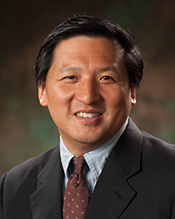 Texas Children’s work to develop a novel non-invasive device for pediatric ureteral stent removal after a urinary tract procedure, with Baylor College of Medicine, Rice University’s Oshman Engineering Design Kitchen (OEDK) and Department of Bioengineering, as well as local life sciences commercialization firm Fannin Innovation Studio, was recently funded by the National Institute of Diabetes and Digestive and Kidney Diseases (NIDDK) of the National Institutes of Health (NIH). The $225,000 Small Business Innovation Research (SBIR) grant will be used to conduct further development of an electromagnetic device for removal of ureteral stents in pediatric patients.
Texas Children’s work to develop a novel non-invasive device for pediatric ureteral stent removal after a urinary tract procedure, with Baylor College of Medicine, Rice University’s Oshman Engineering Design Kitchen (OEDK) and Department of Bioengineering, as well as local life sciences commercialization firm Fannin Innovation Studio, was recently funded by the National Institute of Diabetes and Digestive and Kidney Diseases (NIDDK) of the National Institutes of Health (NIH). The $225,000 Small Business Innovation Research (SBIR) grant will be used to conduct further development of an electromagnetic device for removal of ureteral stents in pediatric patients.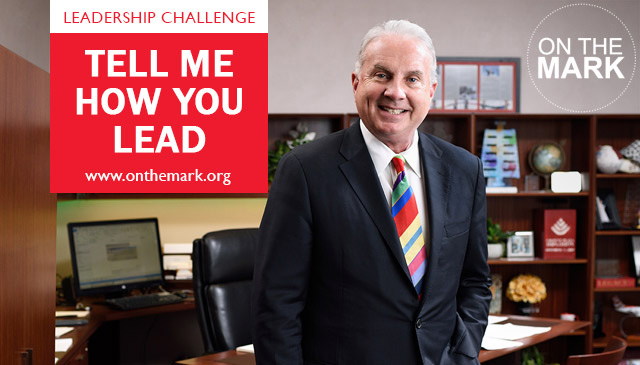




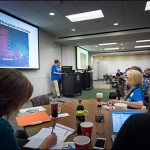
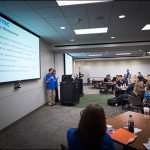
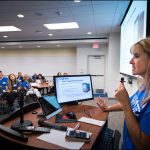
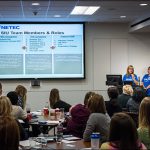

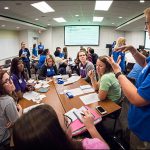

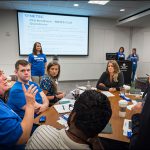
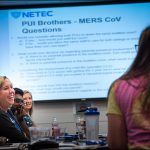
 “When we were at Texas Children’s for countless tests and procedures, wrestling for an elevator was the last thing we wanted to do,” wrote a Texas Children’s patient family. “Thank you to all of the staff and doctors who we saw taking the stairs. Seeing staff walk up or down a few flights of stairs was a kind gesture to free up space.”
“When we were at Texas Children’s for countless tests and procedures, wrestling for an elevator was the last thing we wanted to do,” wrote a Texas Children’s patient family. “Thank you to all of the staff and doctors who we saw taking the stairs. Seeing staff walk up or down a few flights of stairs was a kind gesture to free up space.”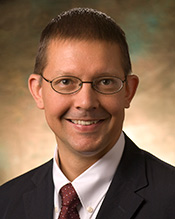 Orthopedic Surgeon Dr. Scott McKay was recently named a recipient of the 2017 Pediatric Orthopaedic Society of North America (POSNA) /Sociedad LatinoAmericana de Orthopedia Y Traumatologia Infantil (SLAOTI) Traveling Fellowship Award to South America.
Orthopedic Surgeon Dr. Scott McKay was recently named a recipient of the 2017 Pediatric Orthopaedic Society of North America (POSNA) /Sociedad LatinoAmericana de Orthopedia Y Traumatologia Infantil (SLAOTI) Traveling Fellowship Award to South America.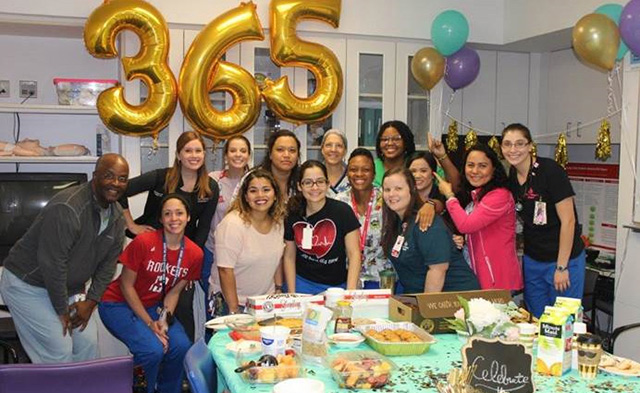 The Cardiology Patient Care Unit (CPCU) on 15 West Tower recently achieved a remarkable milestone – they reached 365 days and counting with zero central line-associated bloodstream infections (CLABSI).
The Cardiology Patient Care Unit (CPCU) on 15 West Tower recently achieved a remarkable milestone – they reached 365 days and counting with zero central line-associated bloodstream infections (CLABSI).